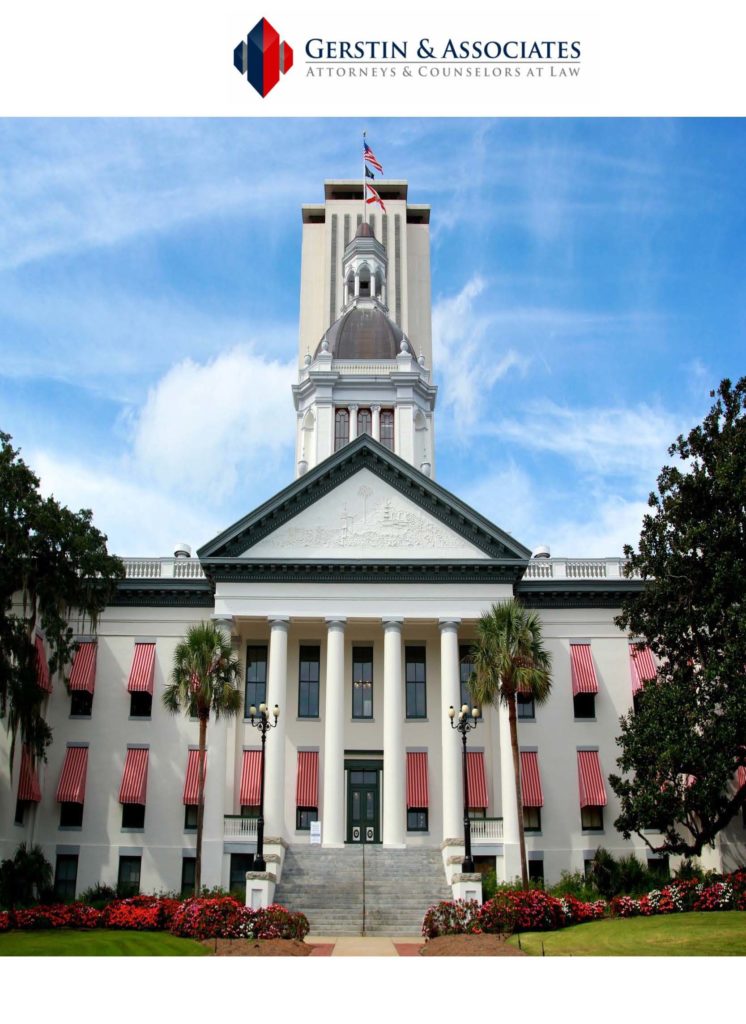Part 1
Congratulations on your recent election to your community association’s board of directors. Most likely, you scheduled or already attended your required director’s certification class. Certainly, your certification class was stimulating and covered important topics. However, unlike your certification class, this letter is not based on the law and probably more helpful in your day-to-day life as a new director (or incumbent). Following is a brief review of some observations I made during my twenty-plus years of representing community associations that most new and incumbent directors will find useful.
1. No Good Deed Goes Unpublished.
The maxim “no good deed goes unpublished” holds true for community association directors. Directors are elected to make both easy and difficult decisions for the community. Do not abstain from difficult votes or push difficult decisions down the road because these items only get worse over time. It is a dereliction of your duty to abstain from a decision solely because it is a tough decision to make. Although you may not have created the situation failing to act is failing as a director.
2. Favoritisim is Bad

Favoritism is Bad. Do not show favoritism. It is human nature to be kinder to those you know. In the context of a community association, this can get you, and the association sued. Although your friend who did not obtain prior approval for a standard paint color may not be a significant problem, the owner down the street wants his house purple also without approval is lurking. Playing favorites is a sure-fire way to a lawsuit and disastrous results as a director.
3. Avoid Populist Proposals.

Associations can only make decisions at a duly noticed and held Board meeting. Board members can request the placement of items of interest on a meeting’s agenda before it is posted. Having an item on the agenda allows for the particular item to be discussed and possibly voted on at a Board meeting. The Board is typically not allowed to vote on items that are not on the agenda. Non-agenda items can be discussed during a meeting’s “new business” portion and put on the next Board meeting agenda. As a director, I strongly suggest not reaching out to association members and rallying support for an item before bringing the matter properly before the Board to discuss. For example, rallying support from your neighbors for a clubhouse renovation before the Association has an opportunity to learn and inquire about the costs and other limitations is a waste of time and energy. Such efforts are premature, lead to a Board’s failure to act, and cause all those involved to get false hopes followed by bitterness about the lack of progress.
4. Know How and When to Contact the Attorney.

New Board members are expected to have questions. How you approach asking those questions will determine whether you will be an asset or distraction to your Association. The Association and its attorney should have a procedure for contacting the association’s attorney. Successful community associations utilize a legal liaison approach to save money (contact me for more details). Understand and work within this framework so you do not inadvertently incur attorney’s fees for legal opinions of no interest to the association as a whole. Engaging in personal “pet projects” is fine. Using your association’s resources to fund those projects without prior association approval is not.

